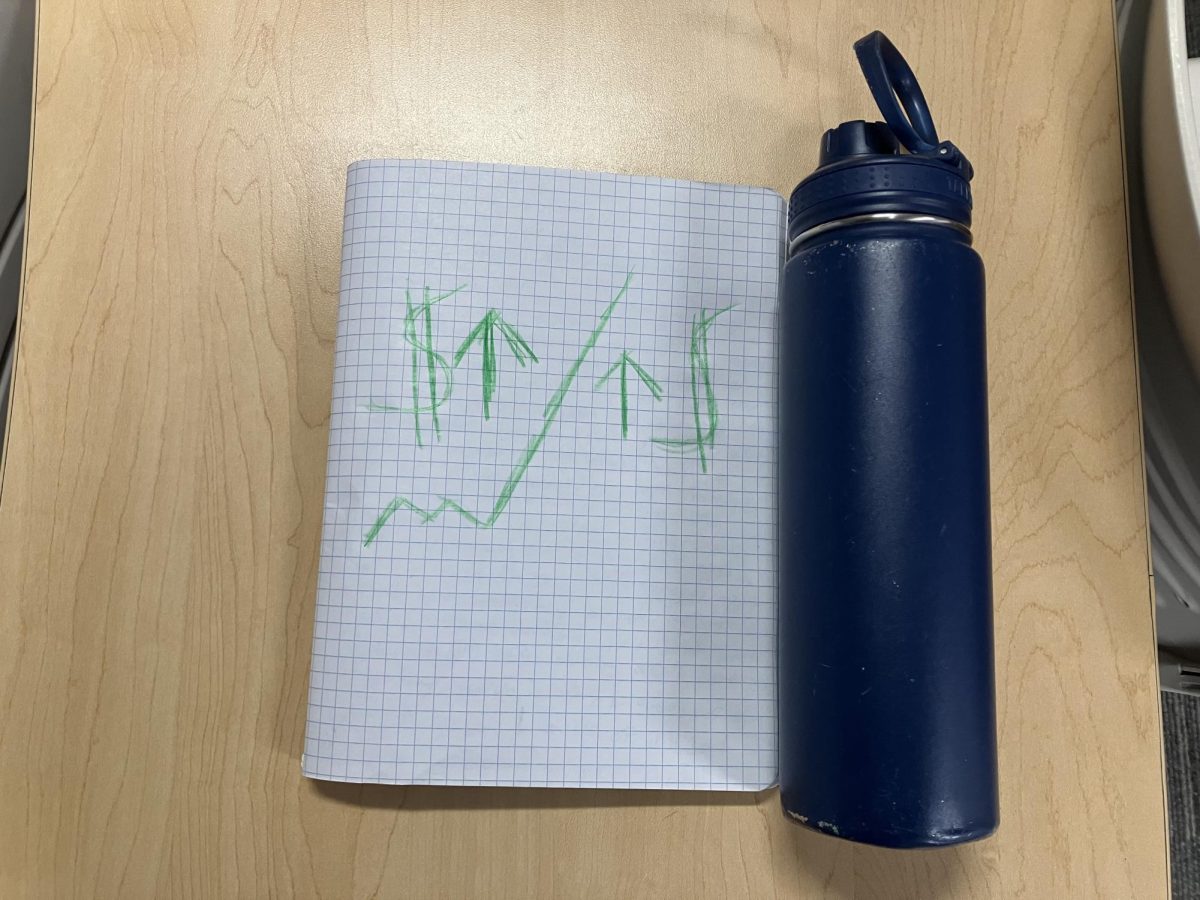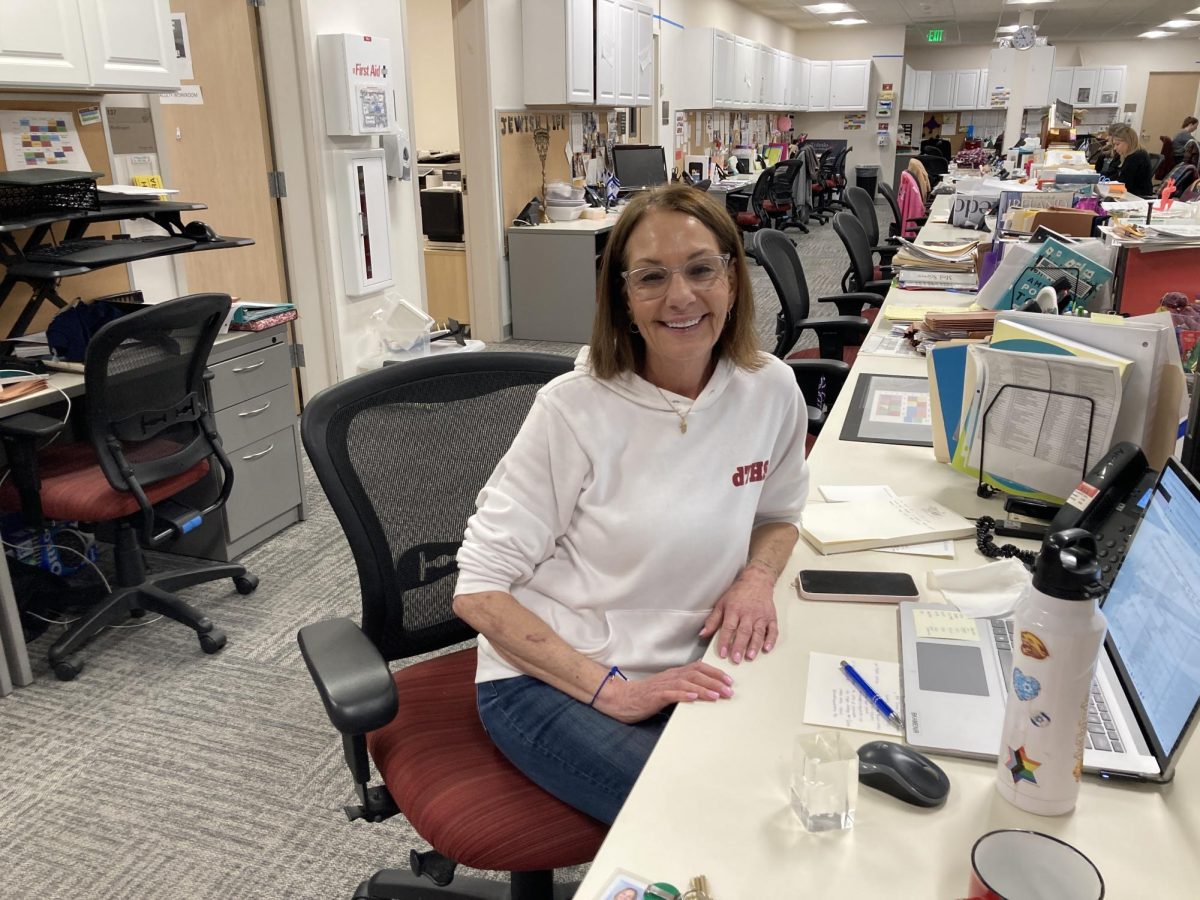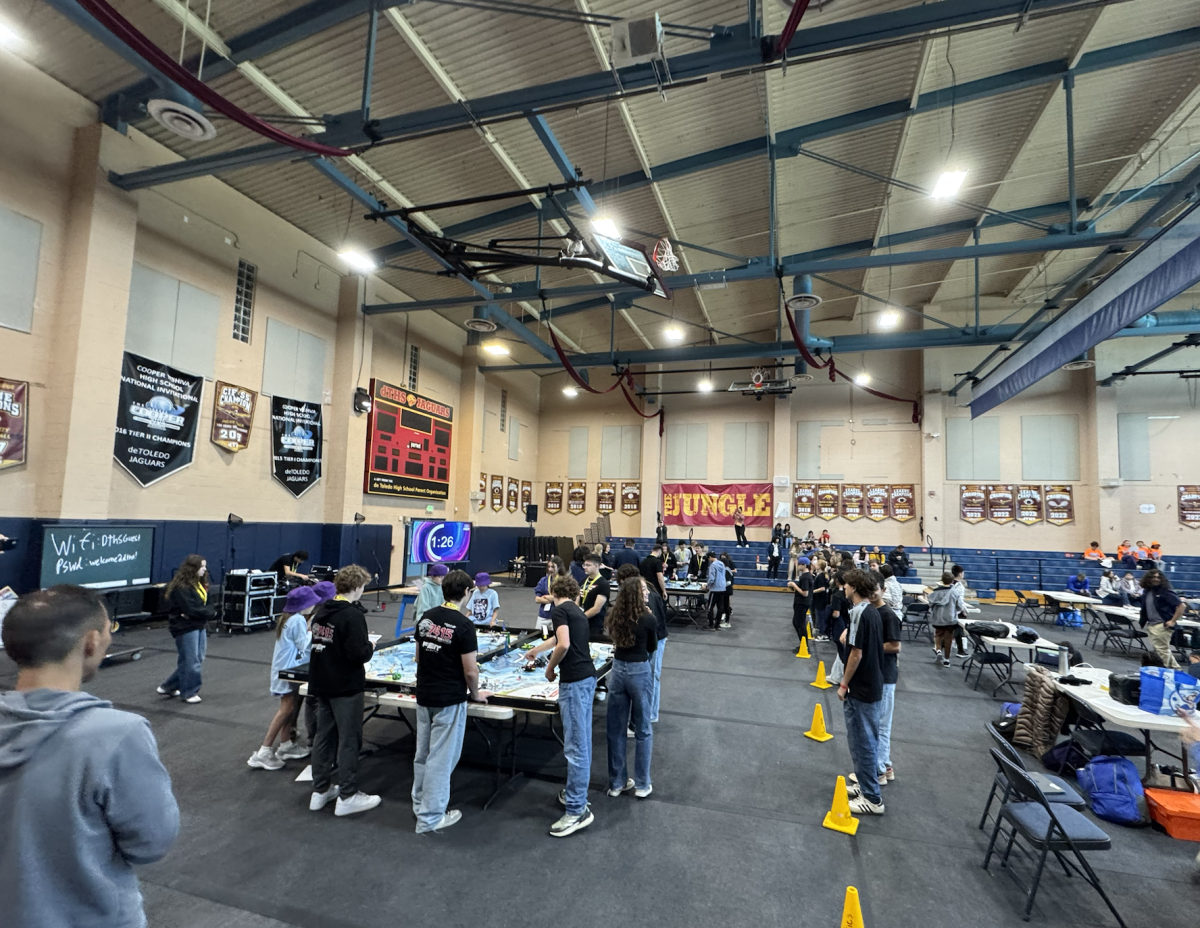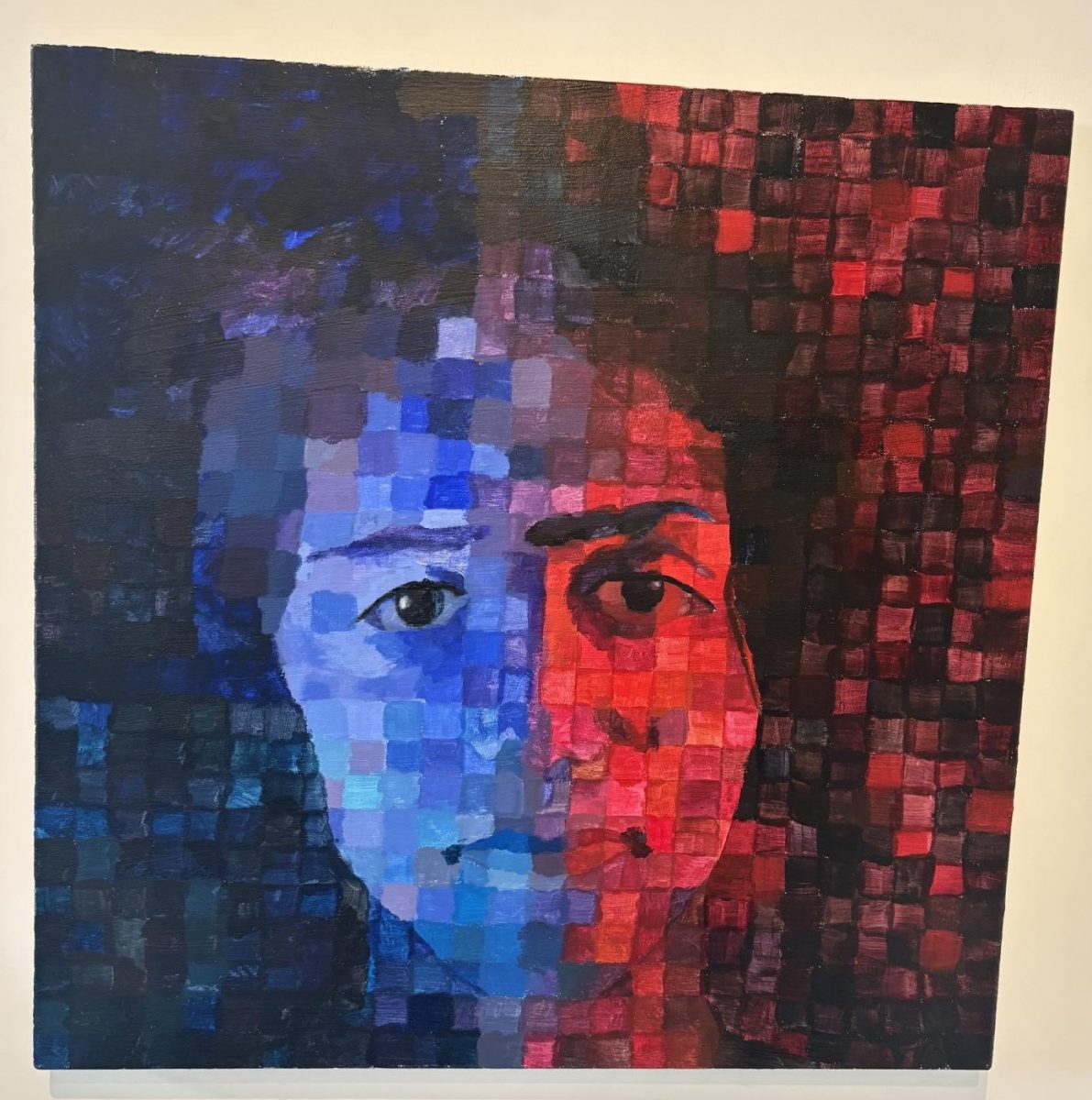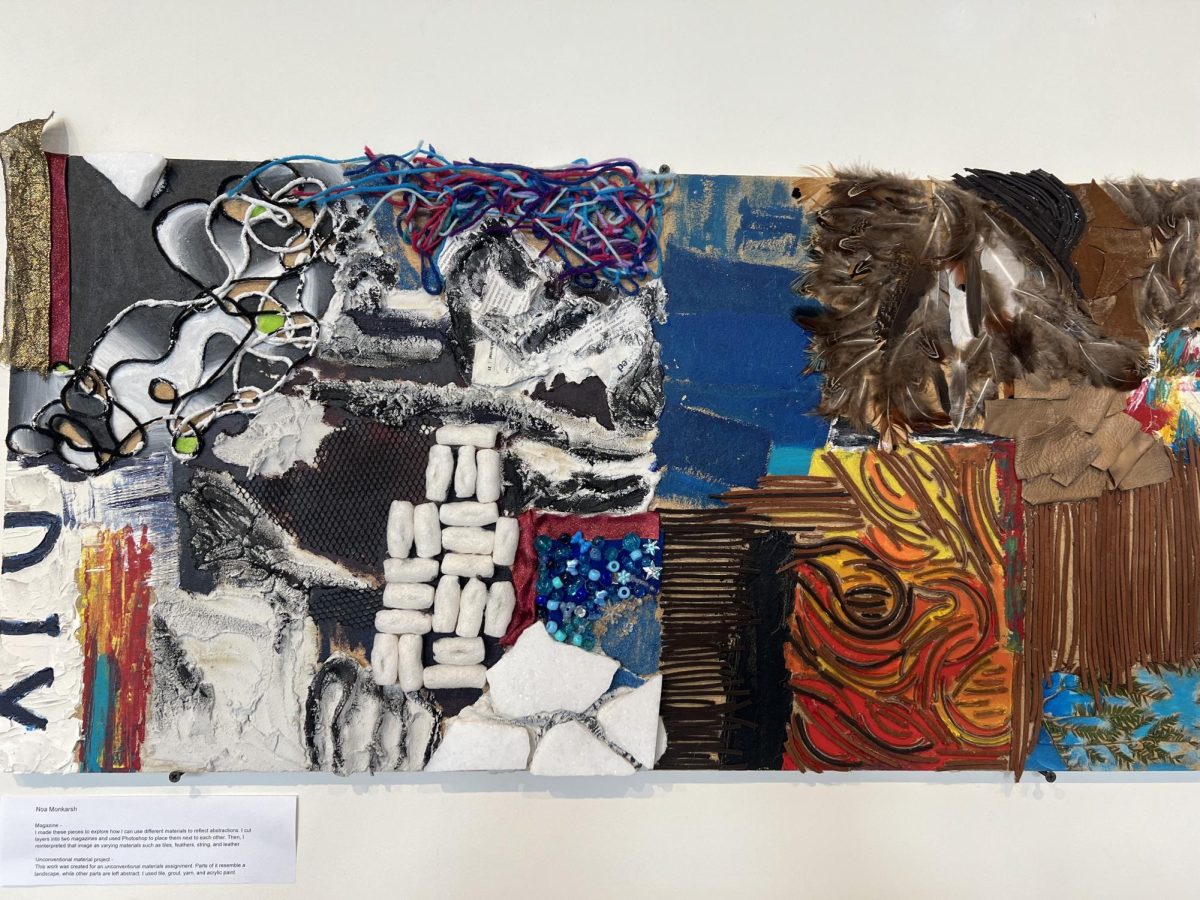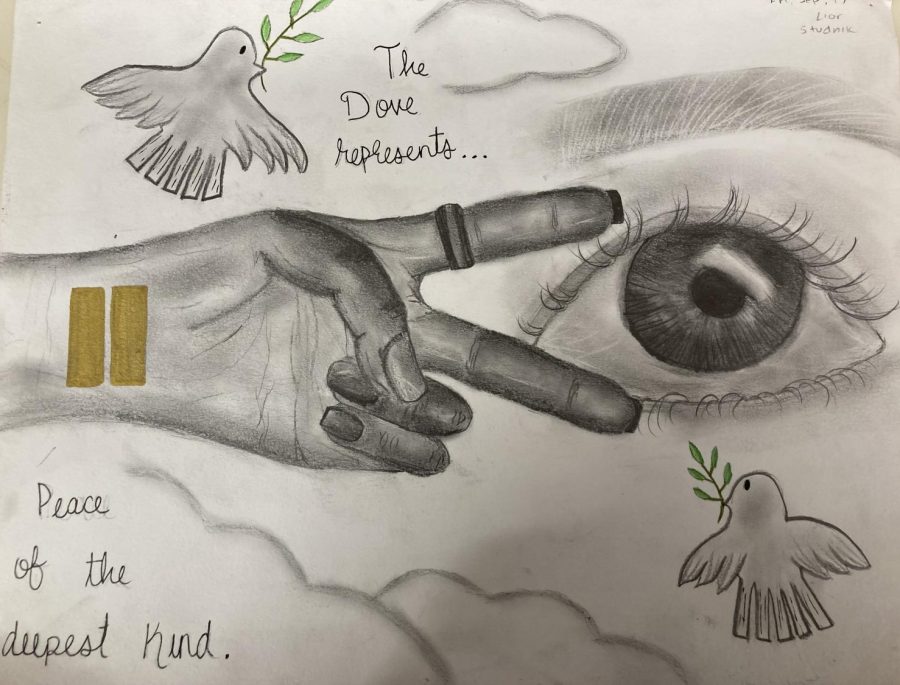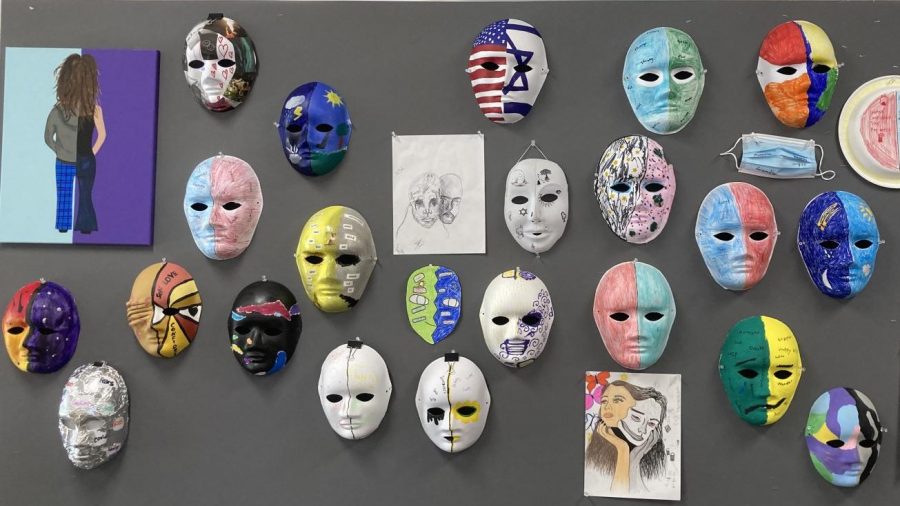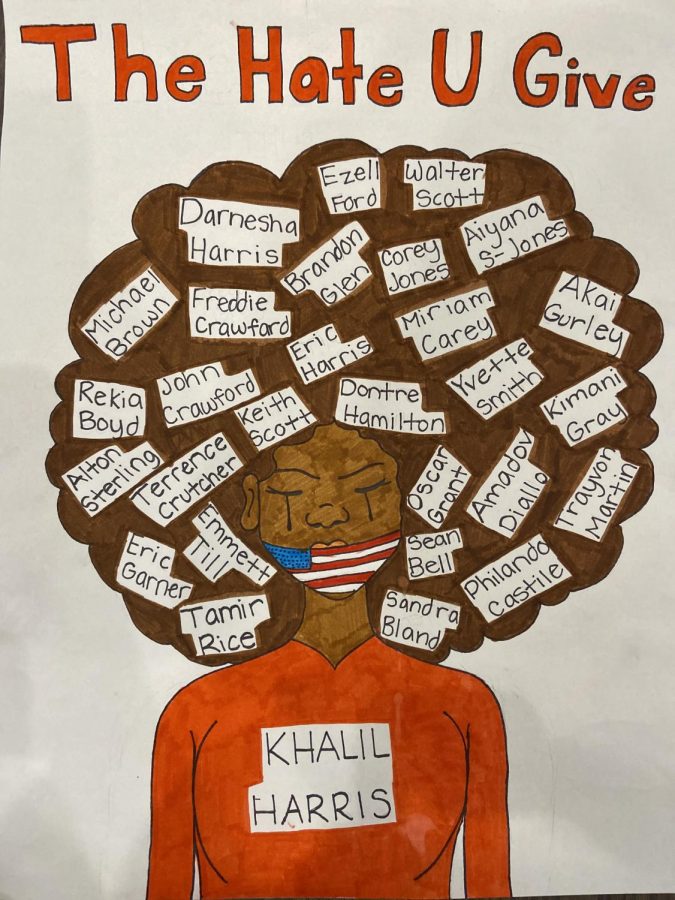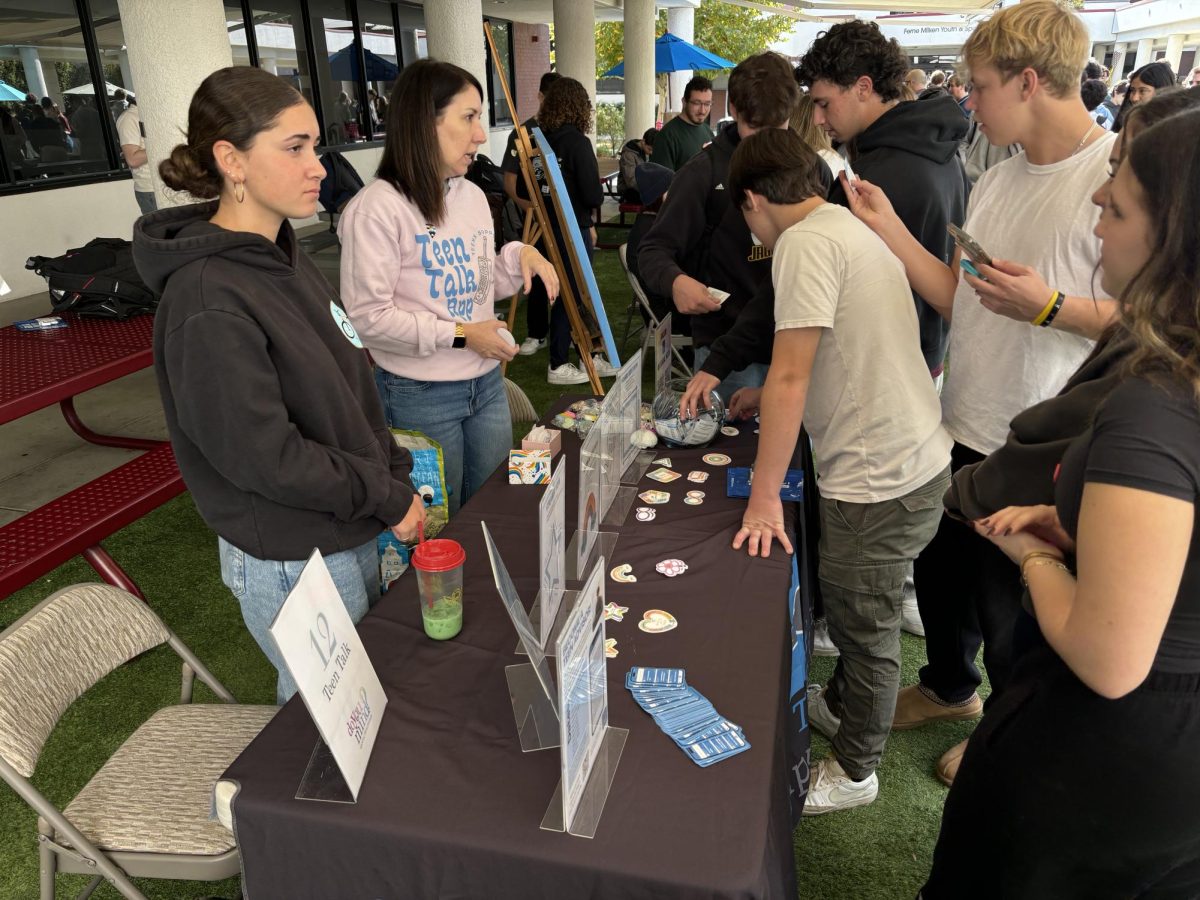Another Day, Another Slay
Slay: to kill in a violent way.
Anyone spending time around teens will find that the word is nearly ubiquitous, spanning from conversations among friends to the dinner table to even the classroom. Most people can define the word, but its recent colloquial usage has bewildered adults everywhere.
The word’s slang usage actually began in the 19th century as a term in the world of fashion to describe someone who was “dressed to kill.” The term gained further popularity in the ‘70s and ‘80s as gay black men participating in Ballroom used the term to describe someone who dressed exceptionally well. This word’s importance to Ballroom culture is evident through its usage in TV shows and movies about Ballroom like FX’s Pose, or the 1991 documentary Paris is Burning.
Originating in New York City, “Ballroom” refers to the clandestine LGBTQ+ subculture of black and latino drag queens organizing beauty and fashion pageants where they would not be marginalized or discriminated against for their race like in established drag pageants. Soon, gay men and trans women joined the pageants, slowly evolving Ballroom into something new: a safe space for LGBTQ+ people of all races to not only compete, but simply exist in a place untouched by the prejudice of the outside world.
The word was introduced into the mainstream through RuPaul’s Drag Race, a reality competition show which mimics Ballroom. Still though, the term was confined to fashion. It was not until 2016 with the release of Beyoncé’s “Formation” that “slay” became equated with not only looking good but with personal success and accomplishment.
Its recent surge in popularity cannot be traced to any particular incident, but TikTok and other forms of social media likely played a role. Common phrases using the word include “You’re slaying today,” meaning simply “You’re doing great today” or “Another day, another slay,” loosely meaning “Another day goes by.” Next time you hear the word, take a moment to remember its rich and complex history and the marginalized groups who created it.

